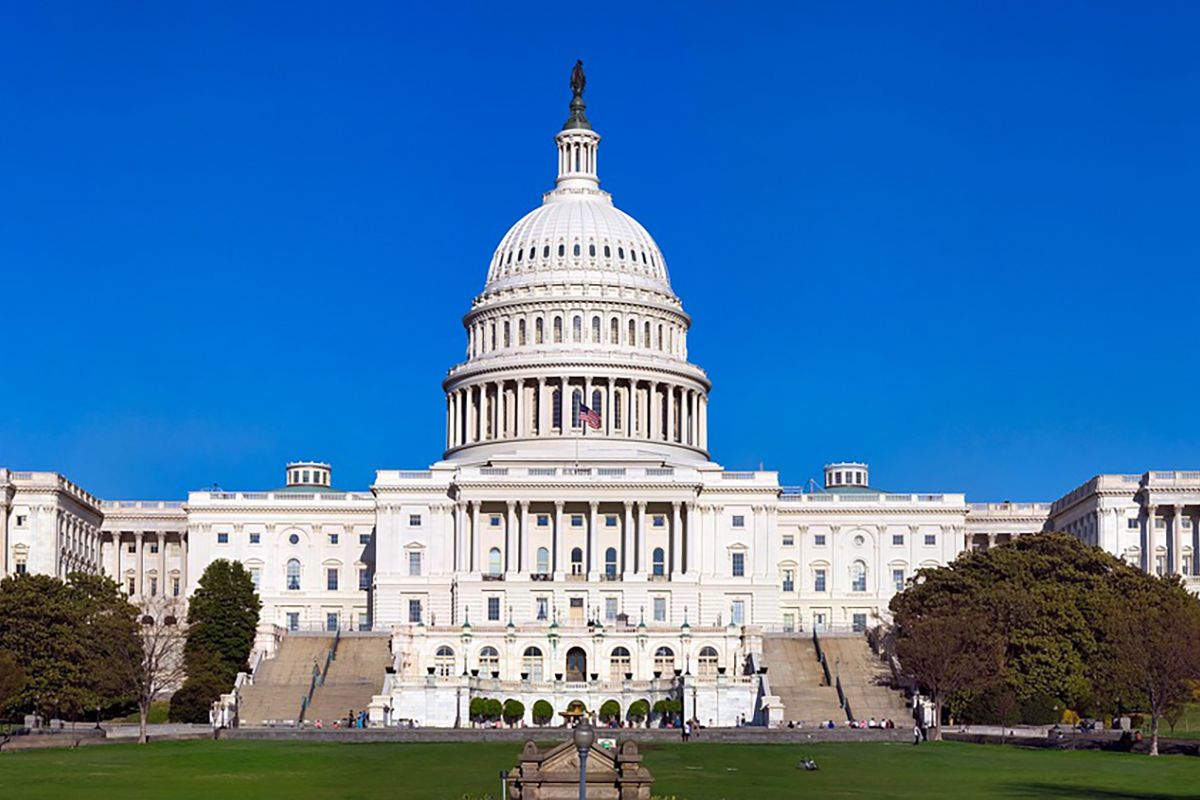The House of Representatives narrowly passed a $1.2 trillion funding deal, sparking turmoil within the Republican party and placing Speaker Mike Johnson’s leadership at risk. The contentious vote, which saw just 101 Republicans supporting the measure, relied heavily on Democratic votes to secure passage in a 286-134 tally.
The speed at which the vote was conducted, less than 36 hours after the release of over 1,000 pages of bill text in the dead of night, left many far-right Republicans fuming. Speaker Johnson’s decision to embrace bipartisan negotiations and uphold a deal on spending totals previously struck by former GOP Speaker Kevin McCarthy and President Joe Biden last summer only added fuel to the fire.
One of the most contentious aspects of the deal was Speaker Johnson’s agreement to pass the 12 funding bills in two large packages, rather than considering them individually. This approach, while promoting efficiency, drew criticism from within his own party for potentially sacrificing proper scrutiny of individual spending items.
The funding package, reinforced by bipartisan budget caps established by Biden and Johnson in January, maintains non-defense funding at current levels, while allocating a modest 3 percent increase for defense programs. While this compromise reflects an attempt at bipartisanship, it has stirred dissatisfaction among certain factions of the Republican party, particularly those aligned with the more conservative wing.
With the bill now proceeding to the Senate, where it must be approved before midnight to avert a government shutdown, the political drama surrounding Speaker Johnson’s leadership is poised to intensify. Republican Representative Marjorie Taylor Greene of Georgia wasted no time in lodging a motion to vacate against Speaker Johnson, signaling a potential challenge to his position.
Greene’s move underscores the deep divisions within the Republican party and sets the stage for a showdown on the House floor. While the motion does not immediately trigger a vote to remove Speaker Johnson, it lays the groundwork for a significant confrontation that could reshape the leadership dynamics within the House.
It’s important to remember that the mortgage industry can face challenges during a government shutdown. For example, government-backed mortgage programs, such as FHA loans and USDA loans, may experience disruptions or come to a halt during a shutdown. Borrowers relying on these programs may face difficulties securing financing for their home purchases. Additionally, the processing of loans through these programs may be delayed or suspended until the government reopens.





